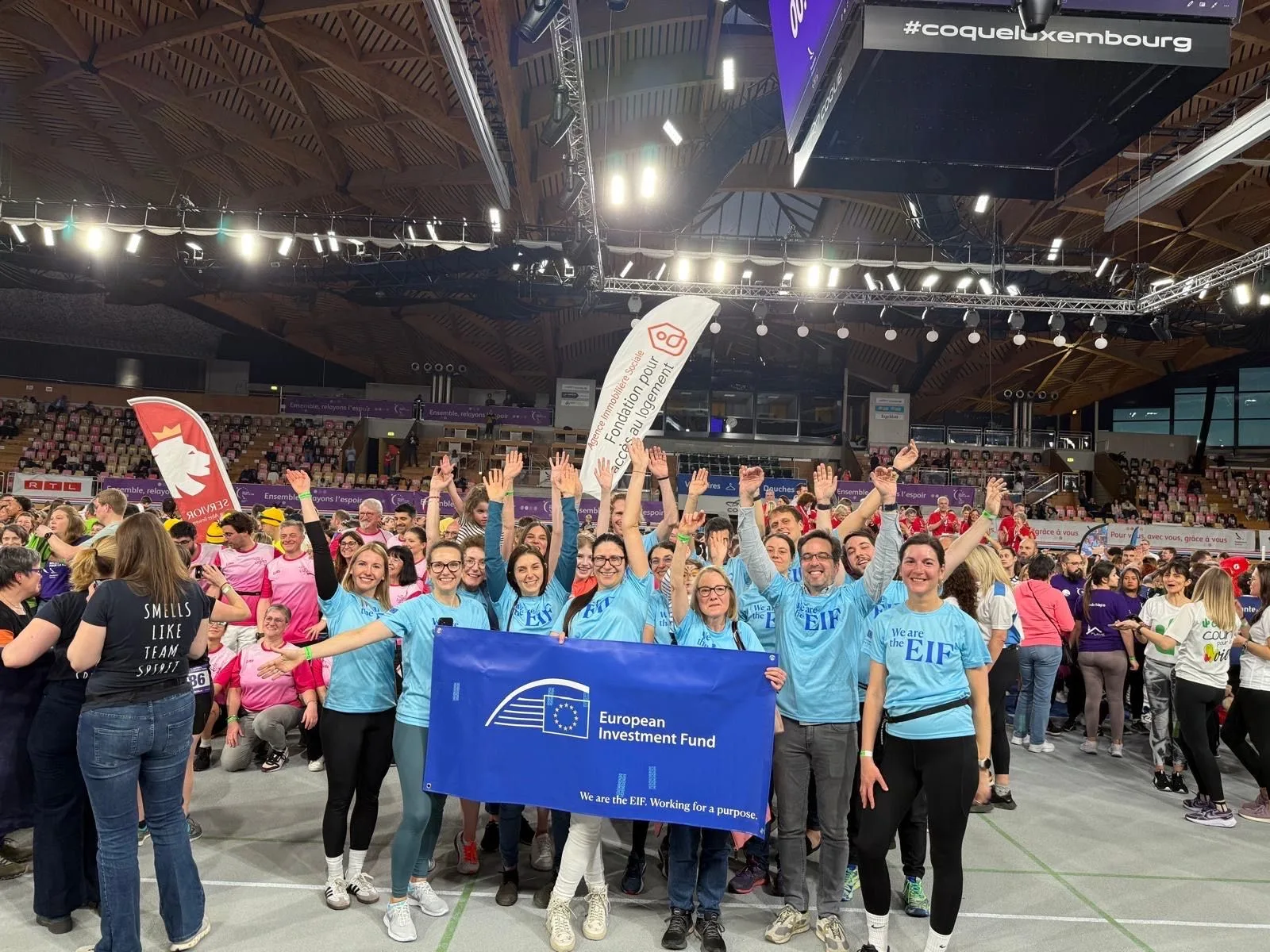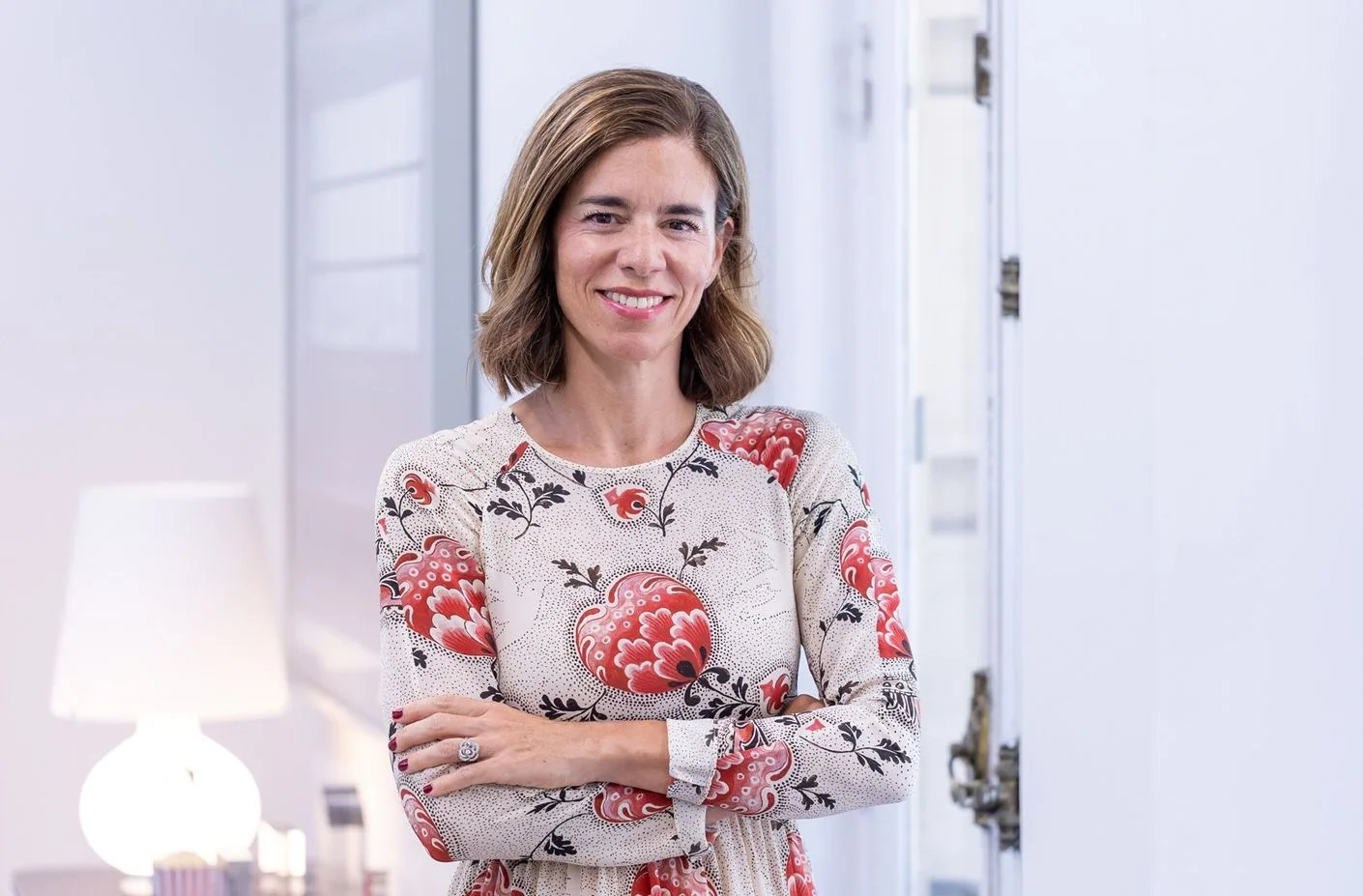The Founder Institute is the world's largest pre-seed startup accelerator. Since 2009, they have helped over 5,000 entrepreneurs by providing the focus and support needed to build a business that matters. Based in Silicon Valley and with chapters across 90 countries, the Founder Institute's mission is to empower communities of talented and motivated people to build impactful technology companies worldwide.
Accelerator Strategy Overview
STARTUPS ELIGIBLE FOR ACCELERATION PROGRAM
Geography: Worldwide
Preferred industries: Sector agnostic (except weapons, tobacco and other industries clearly harmful for humanity)
Company stage: Idea (Pre-seed), Launch (Seed)
Product stage: Concept, Demo, MVP/beta
Product type: B2B, B2C, B2B2C, B2D, B2G,
Revenues: Not required, but welcome. Especially when the revenue is a service revenue, attending FI to turn it into product revenue can be very effective.
PROGRAM DETAILS
Duration: 13 weeks
Participation fee: Yes, 999$
Equity Investment: Yes, sweat equity. Full participation requires joining an equity pool of 4% that incentivizes the network (Startup peers, mentors, local FI team, global FI team)
Grant: No
No of batches per year: 2 batches per year, typically starting in March and September. (Applications are opening in December and June)
No of startups in a cohort: They typically start with between 35 and 50 founders / ideas and graduate between 7 and 15 startups.
Q&A with Ferdinand Mühlhäuser, Lead Director Germany
What are the 5 most important things you look for in a startup applying to your acceleration program?
Apart from the industries that are excluded, we do not scan startups, but we do assess founder personalities, and we expect to find the following traits:
- Conscientiousness
- Emotional Stability
- Extraversion
- Agreeableness
- Openness
All the qualities are assessed with a special test that every applicant has to perform before being accepted to the program. Only founders whose traits land in certain corridors are admitted into the program. This will typically lead to about 50% of the applications being accepted.
What startups should take into account before applying to your acceleration program?
As mentioned above, the main criteria for successful startup approval is passing the special entry test. At the same time, a founder should be aware of the following aspects:
- We do not offer a mentoring program with some one-on-one mentor relationships. It is a structured business-building program with a lot of content that is provided by experts and a lot of work that is expected by the participants.
- It is also not a university course, but very hands-on and the core target program that means to build and develop real companies solving real problems, i.e. to stay in the program, we require from founders to actually found a real corporation as soon as it makes business sense to do so
- Startup founders should commit 20-30hrs per week to the Founder Institute program, which contains session attendance, working group meetings, office hours with mentors and leaders, and assignment work.
- While it is not required to quit a job, working full-time alongside with joining the program can be very demanding
Can you share some of the red flags that can disqualify a startup from joining your accelerator?
We have a few red flags definitely worth sharing. First of all, the worst attitude that startups can present is not being open to learning. They should be open to take feedback as well as give it back. Another warning is for companies that are not ready to devote or commit to making the idea come true. We focus on those who believe in achieving goals and are concentrated on business development.
What are the most valuable skills that selected startups can develop thanks to your program?
Actually thanks to our program, startups can develop everything they need to build a strong and resilient business. However, we can distinguish some main areas the founders benefit most from.
- Startups typically develop a very strong network in the local startup ecosystem
- They have well- worked out the customer development and acquisition
- Program participants practice pitching in front of diverse audiences numerous times what makes them well-prepared for presenting their businesses in the fundraising process
How does your accelerator support portfolio companies during and after the program?
The Founder Institute guides the founders through a very structured business-building process during the program, at the same time, they meet around 50 local mentors who share their experience and specific knowledge. After the program, our local and global team will support startups with intros to potential partners and investors and guide them towards investor readiness and product-market fit.
What are the best-performing companies in your portfolio?
Udemy is still the best performing company over all chapters. In Berlin, itembase.com is the strongest company thus far, with several others in the recent pipeline like Silatha, PaketConcierge, Workademy, FixFirst, to name a few.
What key lessons have you learned from projects that didn’t work out the way you expected?
Most important: Working alone and assuming you know everything does not take you far.
Why, in your opinion, accelerators are becoming more popular nowadays?
I would not say that this holds true in general, however, we see a lot of value in an accelerator that supports startups in the right stage of a business. Without an accelerator, a lot of the knowledge has to be collected one by one and so many wheels have to be reinvented by the founders themselves what requires time and effort. I see that being reflected especially in the idea stage accelerators like Founder Institute, that’s why it is strongly recommended for founders to start out like this.
With later-stage accelerators, founders should be a lot more selective as they typically are very strong in specific market segments or functional areas so they need to make sure that the specific program is the best match for their business goals. It might be a waste of time if the startup actually belongs somewhere else.
What are the hottest markets you currently look at as an accelerator and where do you see the biggest hype?
We expect to see more meaningful applications from the AI industry in the future, but there are very few founders that really aim to build something great on top of it. So we are looking forward to the next wave of AI founders. At the same time, there is a strong rise in companies focused on climate impact - our program strongly supports that by creating a special climate track.
Do you have any predictions about the key trends that will shape the European accelerator scene in the near future?
There will probably be fewer private later-stage accelerators, they will rather merge with general VC activities. At the same time, public money might enable startup ecosystem players to set up more publicly funded idea stage acceleration programs.
Related Posts:
Startup Accelerator Of The Month - Equinor & Techstars Energy Accelerator (by Magdalena Balcerzak, Manager, Vestbee)
Startup Accelerator Of The Month - Huge Thing (by Magdalena Balcerzak, Manager, Vestbee)
Startup Accelerator Of The Month - EIT Digital Accelerator (by Magdalena Balcerzak, Manager, Vestbee)







